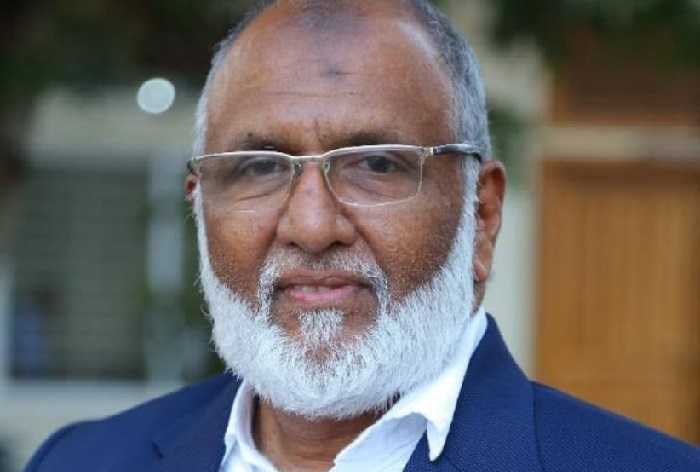Mangaluru, Sept 1: Union Minister for Statistics and Programme Implementation D V Sadananda Gowda here on Saturday claimed that demonetisation and digital transactions had brought financial discipline leading to growth of gross domestic product.
At the launch of India Post Payments Bank (IPPB) here, Mr. Gowda said his ministry had found that the fears expressed about slowdown in the growth because of demonetisation were unfounded.
In the findings released on Friday, the ministry found the GDP in the first financial quarter at Rs. 33.74 lakh crore, which was 8.2% more than Rs. 31.18 lakh crore in the first quarter of 2017–18. The GDP of the country was expected to grow by 8.5% in the second financial quarter, he said.
“In terms of GDP growth, the country stands at the top among the nations. The neighbouring China has GDP growth of 6.2%,” Mr. Gowda said, and added this had been achieved because of good governance of the National Democratic Alliance government and the financial discipline brought in in the last four years. By preventing interference of middlemen, the government has brought in revenue of Rs. 70,000 crore to the exchequer.
With the intention to take the banking services to the common man, Prime Minister Narendra Modi initiated the opening of Jan Dhan accounts by which 30 crore accounts were opened across the country and nearly Rs. 1,600 crore was deposited. Beginning of operations of India Post Payments Bank was a step towards financial inclusion of rural citizens, he said.
Post Master General (South Karnataka Region) S. Rajendra Kumar said 31 IPPB branches and 124 access points had started operations in Karnataka.
In Dakshina Kannada, the IPPB branch will be at the Balmatta Post Office in Mangaluru with Mangaluru Head Post Office and post offices at Soorinje, Kuthethur and Katipalla would be the access points.
In another three months, all the post offices in Dakshina Kannada would become access points, he said.












Comments
Jab darji se paijama kat jaye to wo kachche ke fayde ginane lagta hai.
Translation : When a tailor cuts short the pajama, he starts telling benefits of underwear.
Add new comment